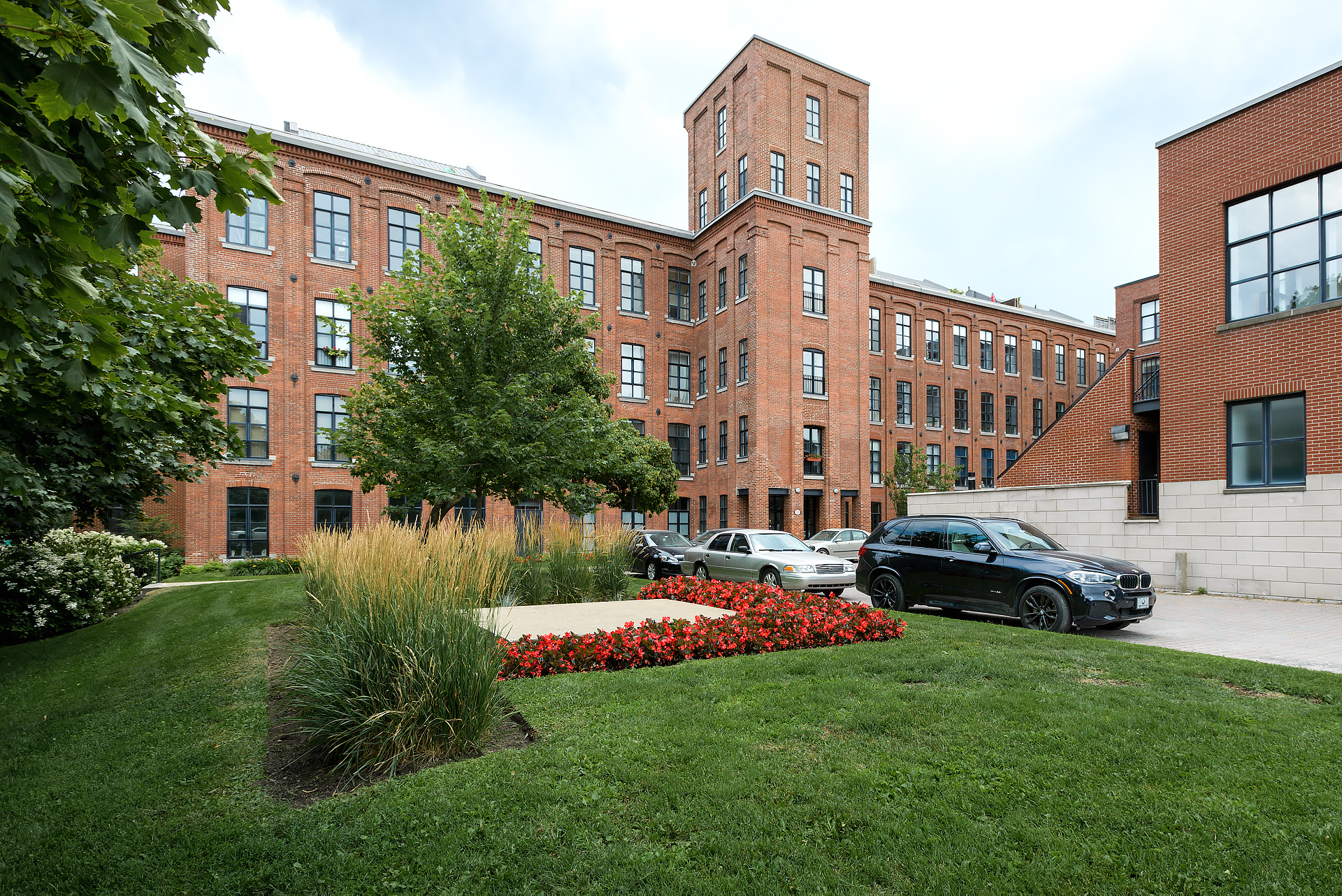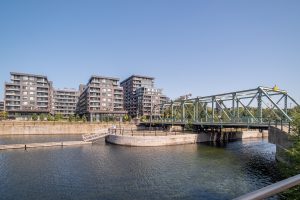Buying a home is a challenging and demanding task. There are so many things to consider. Everything requires your time and effort, from budget and location to all the paperwork. Not to mention you’re probably juggling buying and selling a home at the same time! However, there is one question you should know the answer to before you start scrolling down the listings, buying old vs. new properties – which is better? Different brokers will give you different answers. Some are certain that old, established properties are a better investment.
On the other hand, some say that you can’t go wrong with a new one. But most will agree that it depends on your needs, wishes, and priorities. Of course, both options come with their unique advantages and downsides. In this article, we aim to explore the pros and cons of both and help you make the right choice for yourself.
Factors you should consider before making the decision
Whether you should buy a new or an old property partially depends on why you’re buying it. Is it an investment property that you plan to rent out? Is it your first-time home purchase? Or, are you maybe upgrading or downsizing?
Another thing you should factor in is your experience. For example, buying a fixer-upper can be riskier for someone who hasn’t made a similar purchase before. Assessing the damages and repair costs can be tricky. After all, even experienced investors can make a wrong decision from time to time.
Also, don’t forget to consider the location. Are the property prices in the neighborhood on the increase, or are they falling? What is the long-term prognosis? Spending a bit more money can be a good investment if you’re sure your property’s price will continue to grow in the years to come.
Buying old vs. new properties – when is old better?
We often tend to see new as better. And in many cases, it’s true. For example, buying a new laptop or a car is undoubtedly a better option. However, this same rule does not apply to real estate properties. And while there are some risks in buying an older home, there are some significant benefits, too.
Advantages
Here are some upsides you can expect when buying an old property:
- you can use comparative market analysis to determine the price – you can check the prices of similar properties on the market and establish the price with more certainty
- you can check the property in person and perform all necessary inspections
- unique appeal – older homes and buildings tend to be more charming and have a character of their own
- more land – old homes often come with larger yards as well as with already cultivated gardens and trees that have been there for several generations
- with smart renovating and upgrading, you can significantly increase your property’s value (ideal for both homeowners and investors)
- all the necessary infrastructure and amenities are likely to be there already (unlike in a freshly built area)
- lower price – depending on your finances, buying an old property can be a more budget-friendly option.
Disadvantages
However, there are some risks you should also take into account:
- hidden issues – although they look good on the outside, old properties can have significant structural flaws and demand extensive repairs
- you might be limited in terms of renovating and upgrading your property – you’ll have to check the zoning and other regulations before you do anything
- you’ll have to carefully examine the title – ownership, caveats, easements, etc.
- higher maintenance costs – even if your property doesn’t have any major issues, keeping it in good condition is likely to be more expensive
- utility costs – older properties sometimes don’t comply with modern standards in terms of materials used (for insulation, for example), which means you’ll probably spend more on utility bills.
When is repairing an old property worth it?
The risks we’ve just mentioned can seem daunting and discouraging. However, it may well be worth purchasing if the property you want doesn’t have any major flaws, such as plumbing, roof, electricity, etc. Smart upgrades can solve minor issues at a low price and have a great ROI in the future.
Furthermore, you don’t have to renovate the whole property at once! Instead, you can use short-term storage to deal with your belongings and tackle a room by room. This comes with many benefits – your items will be safe and sound away from the (potentially) messy renovations, and you’ll be able to update your home at your own pace.
Buying old vs. new properties – when is new better?
But what about new properties? While they’re not always a better option, sometimes they definitely are. Let’s look at both the pros and cons of buying a new property.
Advantages
Here are the benefits you can expect from buying a new property:
- they’re more likely to comply with modern building codes and have the latest technology and innovations
- lower costs in terms of utility bills and maintenance
- new properties have warranties
- you have more say in the final details (custom finishings, etc.)
- open floors and larger living spaces are more common than in the old properties
- tax depreciation benefits will be more convenient for investors
Disadvantages
However, before making a decision, it’s better to consider the downsides, too:
- there’s always a possibility of construction delays
- the price may increase due to potential cost overruns
- infrastructure may be in its developing stages
- it might take time before your property increase in value
- higher price – negotiating prices is never easy, but new homes tend to be more expensive than the older ones (even 30% more)
- limited outdoor spaces – new homes tend to focus on living areas and minimize the outdoor space
The bottom line
So, buying old vs. new properties – which is better? One size doesn’t fit all, and the final answer will differ for different buyers. Therefore, before you decide, it’s vital to weigh the pros and cons of both possibilities. Consider your priorities and wishes as well as your needs and lifestyle. That will help you make the right call and be happy with your choice in the years to come.






